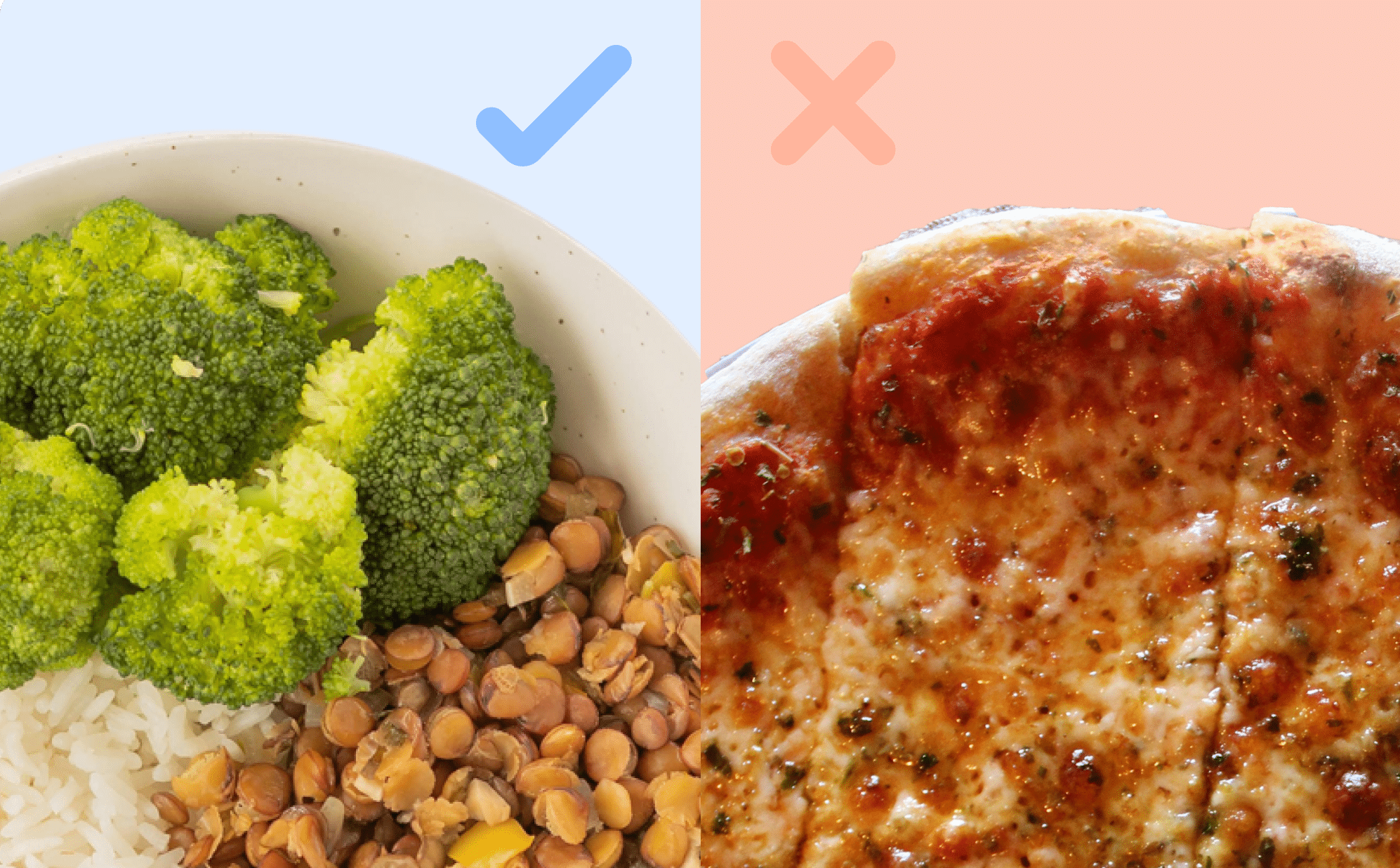
Intermittent fasting (IF) is anything but a fad. In the last decade, it has grown from a fringe health movement to a mainstream lifestyle supported by an increasingly robust body of scientific evidence. Going into 2025, both health professionals and health enthusiasts alike want to know: What does science say about intermittent fasting now?
The answer is a complex one—a one that speaks to the benefits, drawbacks, and evolving applications of time-restricted eating in our current age.
What Is Intermittent Fasting?
Intermittent fasting isn’t a diet, as such, but rather a pattern of eating that comprises periods of eating and fasting. The most popular methods are as follows:
- 16:8 Method – 16 hours fasting, 8-hour eating window
- 5:2 Method – 2 days of calorie restriction per week
- OMAD (One Meal a Day) – A more extreme variant with a 23:1 fasting to eating ratio
By 2025, there is a more customized approach being applied to IF, with new research allowing for tailoring the fasting duration to a person based on genetics, gender, and lifestyle.
Science-Backed Benefits of Intermittent Fasting in 2025
1. Metabolic Health and Weight Management
Among the most robust findings is IF’s capacity to enhance insulin sensitivity, decrease visceral fat, and normalize blood sugar. Unlike calorie-restricted diets, IF alters when you eat, not what you eat, and this compromises less the ability to achieve long-term weight loss.
New knowledge (2025):
Current research demonstrates that synchronizing fasting windows with circadian rhythms further maximizes metabolic benefits.
2. Longevity and Cellular Repair
Fasting promotes autophagy, the recycling of old cells and production of new cells naturally. Autophagy is linked with delayed aging, reduced inflammation, and lower risk of chronic disease.
Recent research shows:
Alternate-day fasting on a regular basis can affect gene expression for stress resistance and aging.
3. Brain Function and Cognition
Recent studies in 2025 prove IF’s potential in improving focus, memory, and neuroplasticity. Ketone production via fasting serves to power the brain more efficiently, especially during mental work.
Bonus discovery:
IF can prevent neurodegenerative disorders such as Alzheimer’s and Parkinson’s disease when combined with a healthy diet.
4. Gut Health & Hormonal Balance
Fasting rejuvenates and replenishes the gut, leading to more varied gut microbiome and removal of bloating. It also balances hormones such as ghrelin and leptin, which control hunger and satiety.
2025 research confirms:
Short-term fasting enhances gut permeability and reduces markers of gut inflammation.

Who Should (and Shouldn’t) Try Intermittent Fasting?
Though IF is for most, it isn’t a one-size-fits-all solution.
✔️ For:
- Adults who are obese or insulin resistant
- Individuals seeking cognitive clarity or digestive reset
- Those looking for a sustainable alternative to calorie counting
❌ Use with caution if:
- You’re pregnant or breastfeeding
- You have a history of eating disorders
- You’re managing adrenal fatigue or thyroid imbalances
Always consult with a healthcare provider before starting any fasting regimen.
Tech & Tools: How IF is Getting Smarter in 2025
Fasting apps now also include AI-coaching, glucose tracking, and chronobiology-based alerts. Zero, Fastic, and Lumen apps coach the user in fasting cycles, metabolic flexibility, and when to eat for optimal results.
Wearables are also present—smartwatches now have the ability to tell the user if they should be fasting or not based on real-time biometrics like heart rate variability or sleep.
Final Thoughts: A Smarter, Safer Way to Fast
Intermittent fasting in 2025 is not deprivation—instead, it’s getting in tune with your own body rhythms. The science is on its side in its promise to streamline metabolic health, brain function, and longevity, but only if applied in a thoughtful and individualized way to one’s own needs.
Rather than looking for a quick fix, IF offers a roadmap to reboot your food relationship, energy, and health—on your own terms.
So, if you’re a seasoned faster or just beginning to start on the path to wellness, here’s one thing for sure: Fasting’s not simply an issue of skipping meals. It’s an issue of reclaiming balance in a world that’s overscheduled.
















